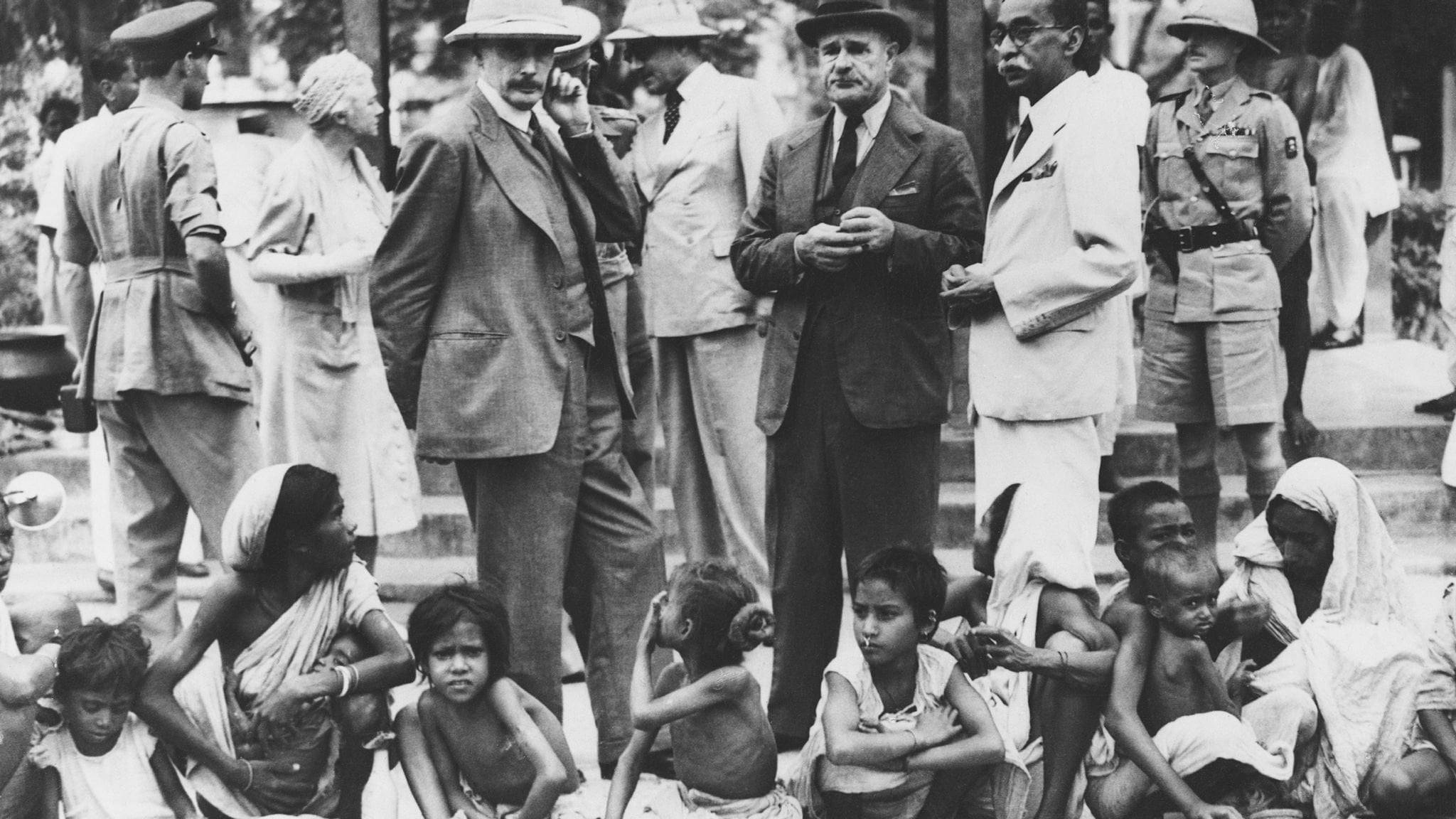In the pages of history, the echoes of colonialism resonate, leaving an indelible mark on the societies and cultures it once dominated. “Arrogant Echoes: Living the Colonial Legacy” encapsulates the enduring impact of colonialism, exploring the historical narratives of five former European powers—Britain, Spain, France, Portugal, and the Netherlands—as they extended their dominion over vast expanses of the globe. From the quest for economic supremacy to the imposition of cultural hegemony, the colonial legacy reverberates through the centuries, shaping the destinies of nations and peoples.
The British Empire stands as a towering emblem of colonial power, spanning continents and oceans with unparalleled reach. At its zenith, the British Empire governed over a quarter of the world’s landmass and population, encompassing territories in Africa, Asia, the Americas, the Caribbean, and Oceania. From India to Canada, Australia to Nigeria, the British imprint was omnipresent, driven by ambitions of trade, resource extraction, and geopolitical dominance. The exploitation of colonies for raw materials, labor, and markets fueled the engine of British industrialization, enriching the metropole at the expense of its colonial subjects.
Similarly, the Spanish Empire cast its shadow across the Americas, Africa, Asia, and Oceania, leaving an enduring legacy of conquest and colonization. With colonies such as Mexico, Peru, the Philippines, and Cuba under its sway, Spain sought to extract wealth through the brutal exploitation of indigenous labor and the plunder of natural resources. The quest for gold, silver, and other riches drove Spanish conquistadors to conquer new territories, leaving a trail of devastation and subjugation in their wake.
France, too, carved out a vast colonial empire, extending its influence across Africa, Asia, the Americas, and Oceania. From Algeria to Vietnam, Senegal to Madagascar, French colonies served as sources of agricultural produce, raw materials, and manpower for the metropole. The imposition of French language, culture, and governance systems sought to assimilate colonial subjects into the French civilizing mission, perpetuating notions of racial superiority and cultural hegemony.
Portugal’s colonial ambitions manifested in territories across Africa, Asia, and South America, including Brazil, Angola, Mozambique, and Goa. Motivated by desires for trade monopolies, Christian evangelization, and territorial expansion, Portugal established a network of colonies that facilitated the transatlantic slave trade and the exploitation of indigenous peoples.
Meanwhile, the Dutch colonial empire extended its reach into Asia, Africa, the Americas, and Oceania, with colonies such as Indonesia, Suriname, and South Africa (during the Dutch Cape Colony period). The Dutch East India Company, a pioneering force in colonial commerce, sought to dominate trade routes and extract profits from spice cultivation, slave labor, and the exploitation of natural resources.
The motivations behind colonial expansion were multifaceted, driven by economic, political, religious, and strategic imperatives. European powers sought to establish control over lucrative trade routes, secure access to valuable resources, expand their territories for geopolitical advantage, and spread their cultural and religious ideologies. The ideology of imperialism, grounded in notions of racial superiority and the civilizing mission, provided a moral justification for the subjugation and exploitation of colonized peoples, perpetuating systems of inequality and oppression.
In conclusion, “Arrogant Echoes: Living the Colonial Legacy” serves as a poignant reminder of the enduring impact of colonialism on the collective consciousness of humanity. From the plunder of natural wealth to the imposition of foreign rule, the echoes of colonialism continue to reverberate through the corridors of history, shaping the destinies of nations and peoples. As we confront the legacies of exploitation and injustice, it is incumbent upon us to acknowledge the lessons of the past and strive for a future built on principles of equality, justice, and mutual respect.

